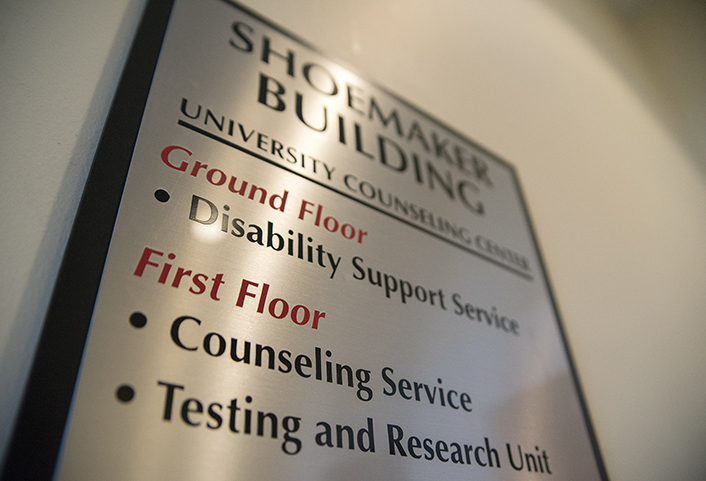Like many University of Maryland students, Hammad Shahid has a lot on his mind besides staying on top of his classes.
He lives in New York City, the epicenter of the country’s coronavirus outbreak. His mother and father have tested positive for COVID-19, and now, he and his brother are feeling sick, Shahid wrote in an email.
He’s also the only one generating income in his family right now. Although he was already working as an intern for a software engineering company before the outbreak, he recently picked up another job at a non-profit to help keep them afloat.
“It feels like one of those movies — like one of those apocalypse movies,” he said. “You’re just trying to keep a cool head because you still have to look out for your family. It’s not like this is gonna end anytime soon.”
[Read more: Coronavirus updates: The Diamondback’s ongoing coverage]
And while the university’s Counseling Center can’t offer Shahid any answers on how he will fare academically this semester, the senior computer science major said the center has continued to serve as a source of support. Now, he just meets with a counselor online rather than in person.
Like the rest of the university, which announced last month that classes would be held online for the rest of the semester, the Counseling Center has adapted its services for a virtual environment. It’s also preparing for a potential influx of students seeking help as they navigate what life looks like for them in the midst of a global pandemic.
Even though Counseling Center director Chetan Joshi said there hasn’t been an increase in calls yet, he’s been keeping an eye on the number of students reaching out.
“We have carefully looked at our staffing levels and the resources for each of the offices to ensure that if there’s an uptick that we’re able to be flexible in our service provision and our service delivery,” he said.
In this time, Joshi said people have to deal with a loss of control — something that can cause heightened levels of anxiety. Even not knowing whether your grocery store will be well-stocked on your next trip can take a toll, he said.
But while the center can conduct most services over the phone or via video conference, Joshi said it may face some difficulties serving students in certain states. Each state has specific licensing requirements that must be met for a person to be a professional counselor, so although a Counseling Center therapist might be able to practice in Maryland, they might not be able to practice in another state.
The university is working to find alternatives for students who rely on counselors unable to practice in their states, Joshi said.
[Read more: UMD has run out of hotspots, laptops to provide students]
Group therapy has also been put on hold due to potential confidentiality issues, Joshi said.
Now that some students are living with family members, it may be difficult to protect the identity of other students participating in the group therapy sessions. Instead, Joshi said the Counseling Center is working to create online workshops that will be uploaded to its website in the coming weeks.
Kaylie Bergeson, a freshman history and government and politics major, had her first appointment at the Counseling Center right before classes got moved online. An extrovert, Bergeson has been struggling recently with the limited outlets for social interaction. She’s been also having a hard time with time management as classes have transitioned online.
Now, she’s continuing counseling online, where her counselor has to take a few extra minutes to verify her identity and make sure she is alone. She also can’t see her counselor jotting down notes as they talk anymore.
“It was kind of interesting because It felt more like a conversation,” Bergeson said. “It did feel more personal.”
Joshi said he’s also been meeting up with student organizations — such as the Student Government Association, Active Minds at Maryland and Scholars Promoting and Revitalizing Care — to develop relationships with them so that they can work together to expand wellness-focused efforts on campus.
He expressed hope that these groups and the student body in general will be able to support one another in this uncertain time.
“Ultimately what is going to help us get through this situation or any situation for that matter, is going to be the relationships that we have with each other,” Joshi said. “The stronger those are, the better we’re going to be able to navigate everything.”



